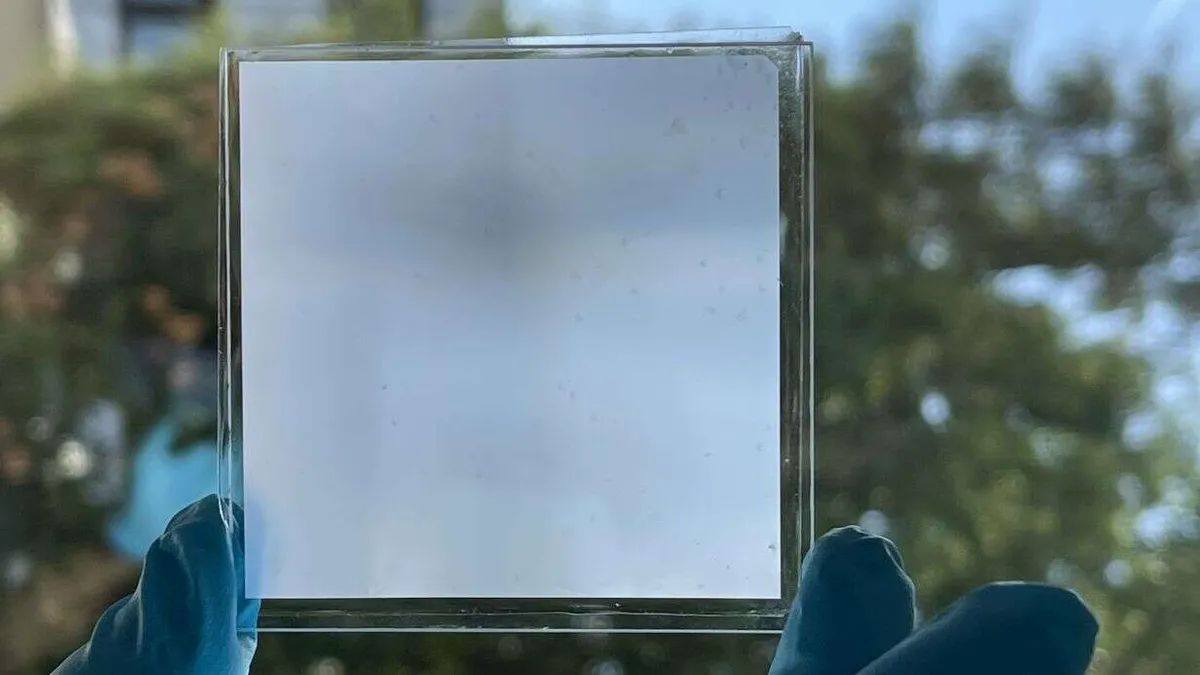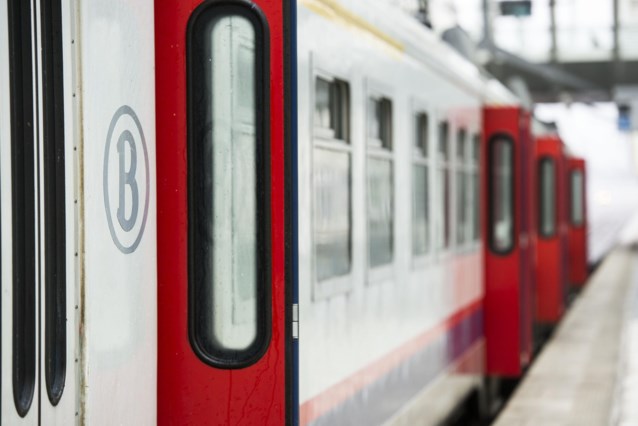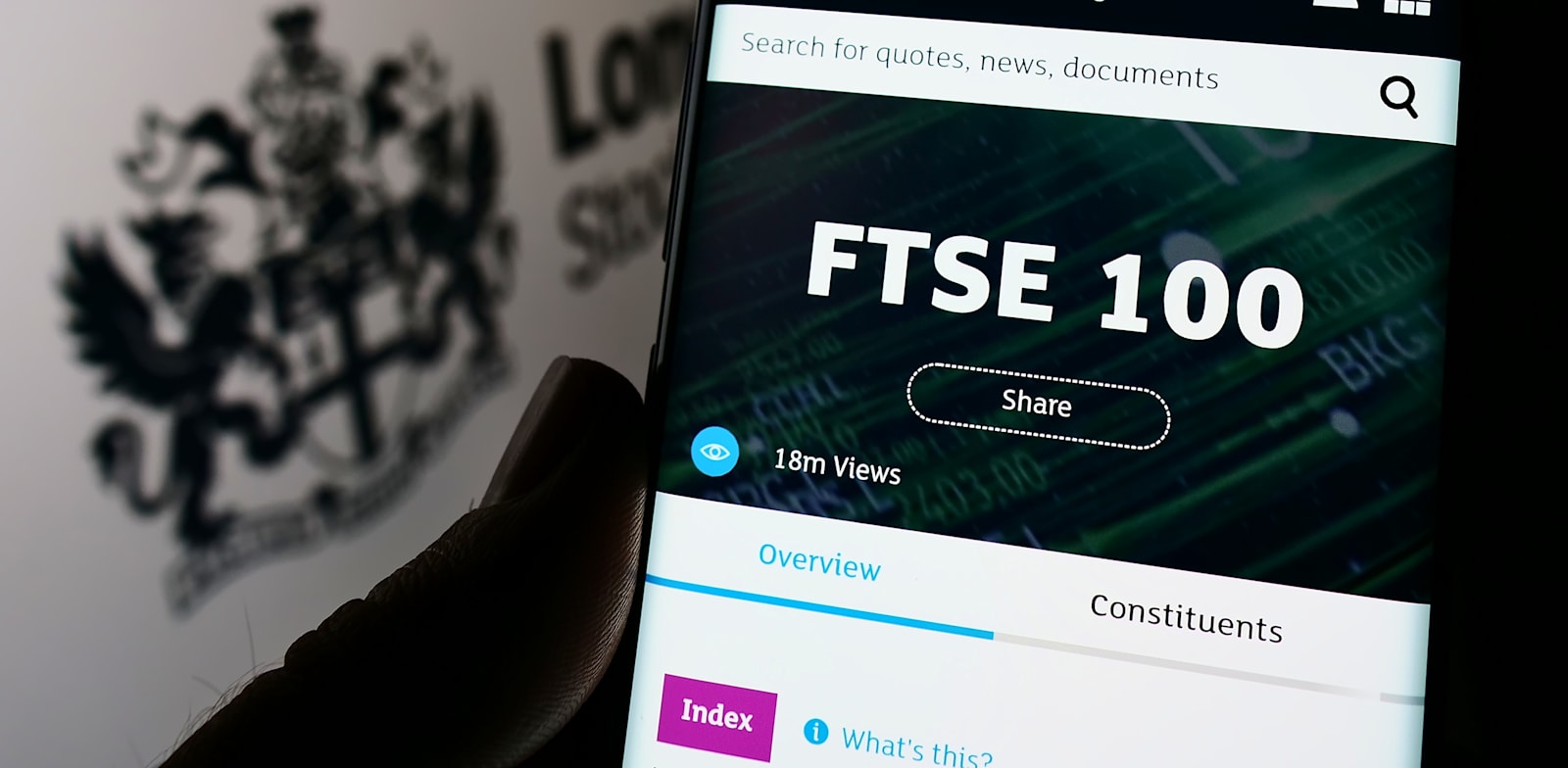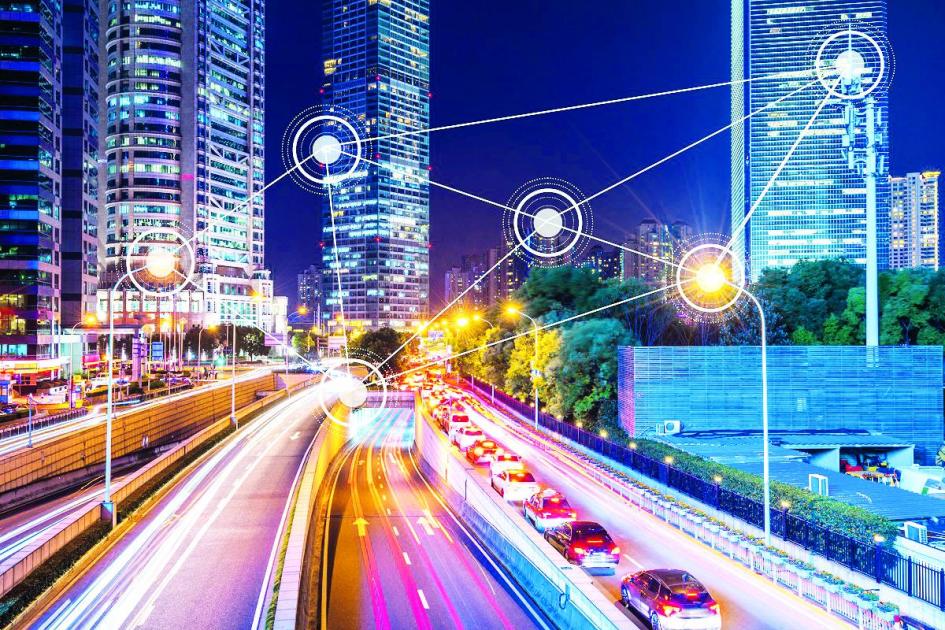German researchers at the Karlsruher Institut für Technologien (KIT) have developed a new self-cleaning and energy-efficient material that could replace glass in construction. In tests, this material was able to cool six degrees Celsius compared to the outside temperature, while maintaining a transparency rate of 95 percent, surpassing traditional glass’s 91 percent.
Traditional glass has become increasingly popular in construction due to its ability to let natural light into buildings and help save on energy costs. However, it also has several drawbacks such as glare, lack of privacy, and overheating during sunny parts of the day. Existing glass coatings have not provided satisfactory solutions to these problems, prompting KIT researchers to develop a new polymer-based material.
The new material, known as polymer-based micro-photonic multi-functional metamaterial (PMMM), is made up of microscopically small pyramids comprised of silicone. These micropyramids scatter light when viewed from the outside, giving the surface a fuzzy appearance. Additionally, they enhance the material’s water-repellent properties, allowing dirt to be washed away when water droplets come in contact with the surface.
The material’s design not only improves light diffusion and self-cleaning capabilities but also allows for passive radiation cooling without electricity consumption. Lab and outdoor tests have shown promising results, demonstrating the material’s potential to optimize sunlight usage indoors, provide passive cooling, and reduce reliance on air conditioning. With a scalable production process, this material could be integrated into eco-friendly construction methods, making it a valuable innovation for the future. The study detailing the development of this material has been published in the prestigious journal Nature Communications.
This new PMMM material has several advantages over traditional glass in construction. Firstly, it can cool down six degrees Celsius compared to outside temperatures while maintaining transparency rates similar or higher than traditional glass’s 91%. Secondly, PMMM enhances water repellent properties that allow dirt to wash away easily when water droplets come in contact with the surface. Thirdly, it utilizes passive radiation cooling without electricity consumption which reduces reliance on non-renewable energy sources.
With its unique design and advantages over traditional glass materials in construction



